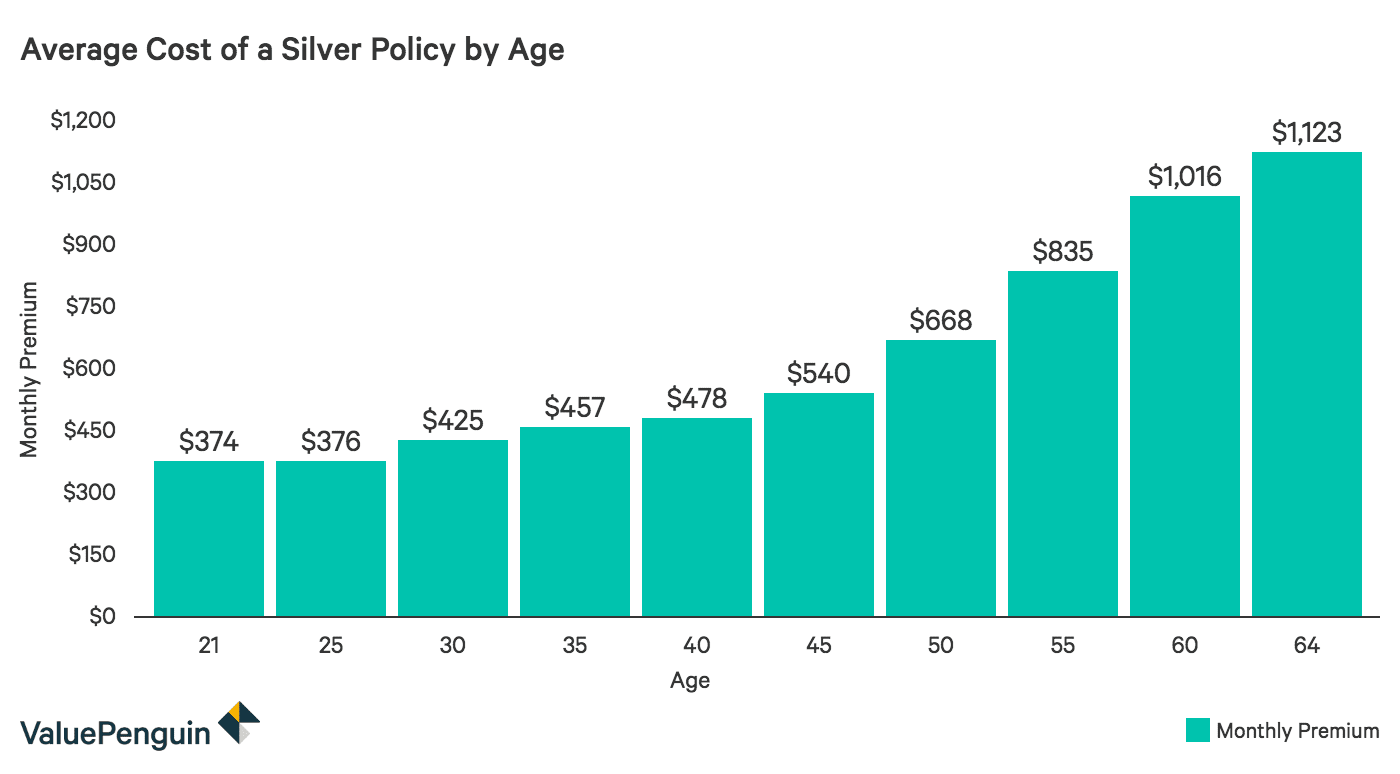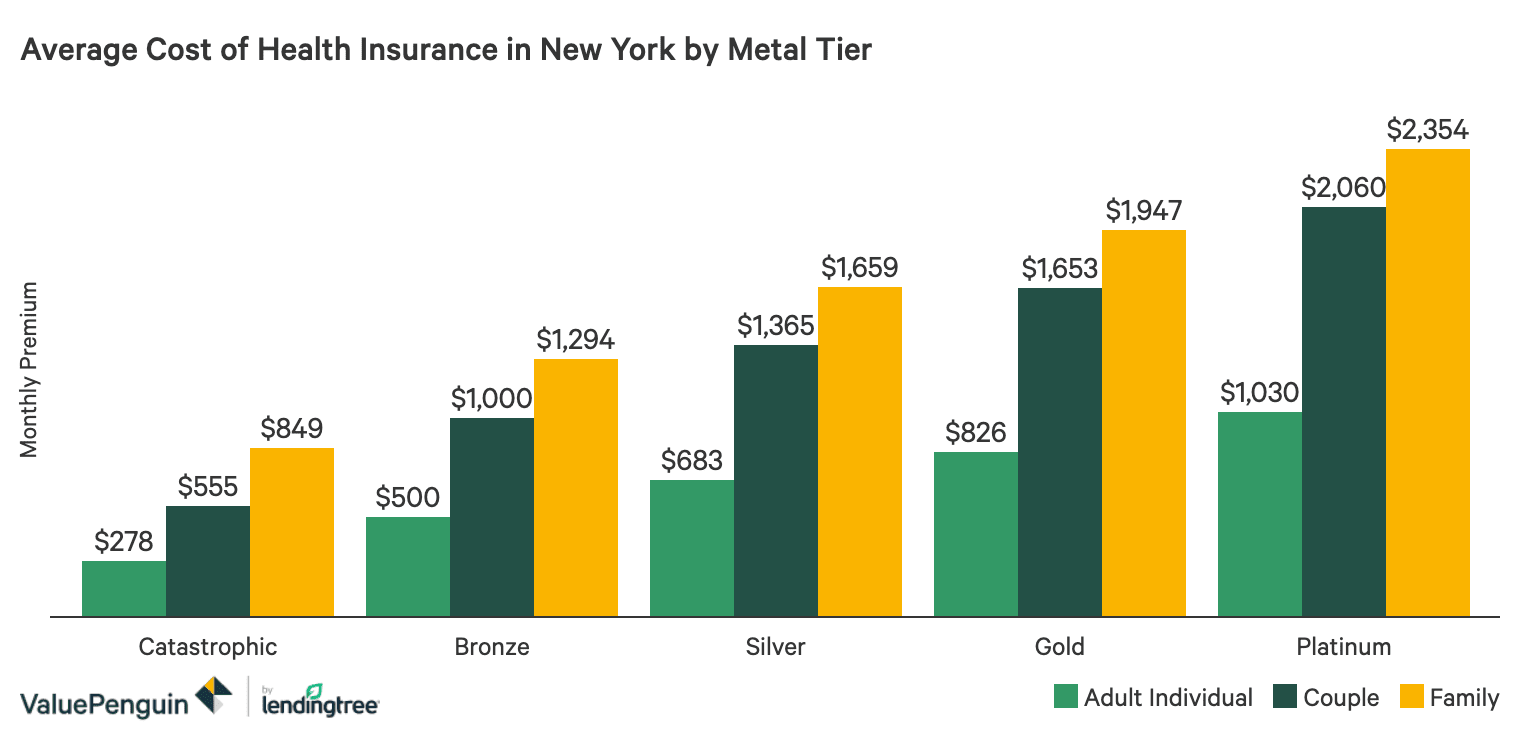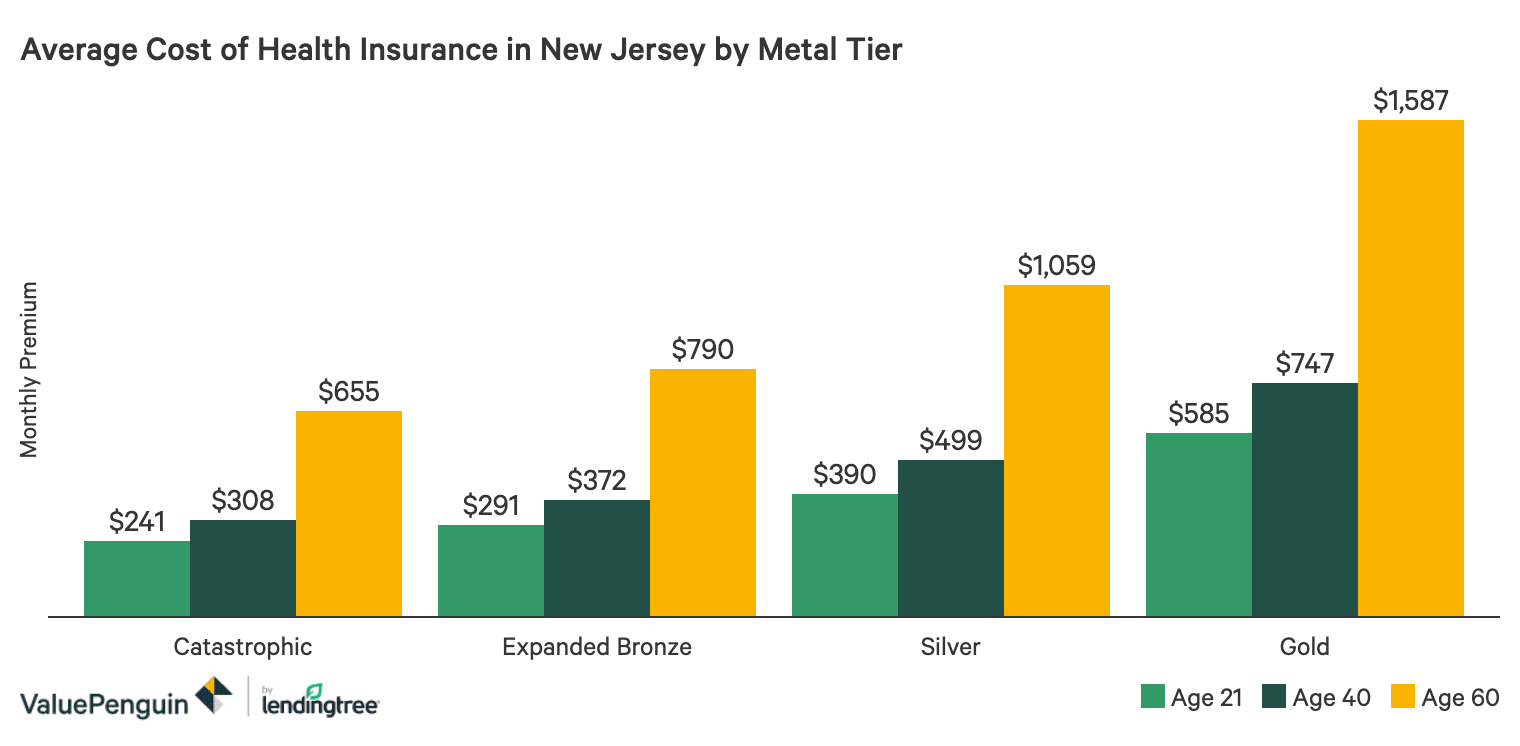Monthly Health Insurance Cost In Retirement
The amount you could need to cover premiums and out of pocket prescription drug.
Monthly health insurance cost in retirement - Paying for health insurance has become a huge financial drag for american employers. It s also likely that these healthcare costs will rise at about double the rate of inflation which means ten years into retirement that 375 a month can be closer to 675 a month using a 6 inflation rate. But what you will spend on health care costs in retirement could be less or potentially a lot more.
So over the past 20 years or so the percentage of big companies offering retiree health benefits has shrunk. A 65 year old couple in good health and retiring in 2019 could be on the hook for 387 644 in medical expenses according to an analysis by healthview services. The average retiree spends around 4 300 per year on out of pocket healthcare costs according to a study from the center for retirement research at boston college and that doesn t include long.
For medicare s 62 4 million or so beneficiaries the program generally covers about two thirds of health care costs. Because women live longer a 65 year old woman can expect to spend 22 000 more in total health care costs over the course of her retirement than a man her same age. A reality check on health care costs for early retirees the average couple who retires at age 62 will spend 17 000 out of pocket on health care each year until they enroll in medicare.
Health care costs make up 9 to 14 of the average older household s spending. The average retiree spends around 4 300 per year on out of pocket healthcare costs according to a study from the center for retirement research at boston college and that doesn t include long. One of the ideas behind obamacare was that everyone could get insurance preexisting conditions were not a factor.
That means if you haven t put about 375 a month into your budget for health care costs you re going to find yourself short on cash. This was especially useful for people in their 50s and 60s most of whom have had or.



